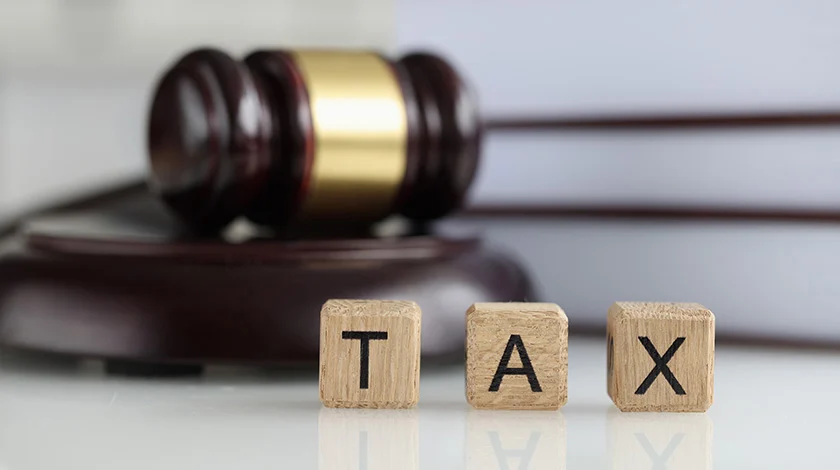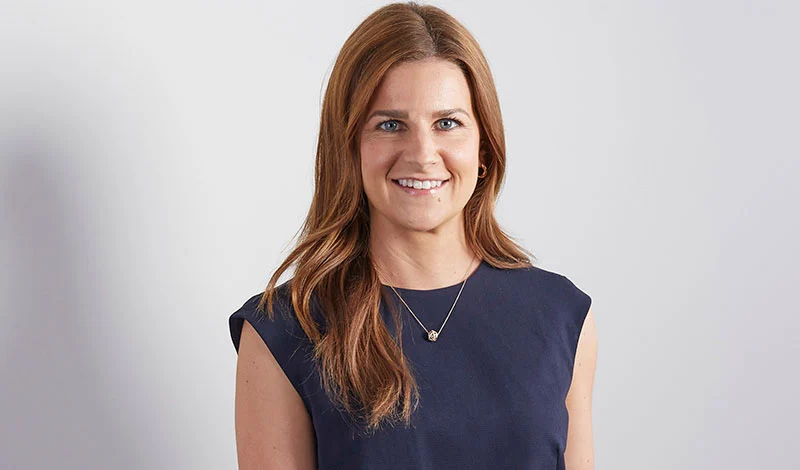If you are an executor of an Estate, a beneficiary or someone caught up in an Estate dispute, it can be a difficult and stressful time. To alleviate some of these stresses, you should seek legal advice.
Estate disputes are a complex area of the law. At Coleman Greig, our Wills & Estates Team appreciates that Estate disputes arise as a result of varying and individual circumstances, and can provide sound and realistic advice to clients who are executors or beneficiaries of an Estate, or who think they may have a legitimate claim on an Estate.
The types of disputes can include:
- Claims for provision or further provision from the deceased person’s estate (commonly known as the family provision claims)
- Disputes between executors
- Breach of trust and obligations, including circumstances where the executor has delayed administration of the Estate or has mishandled Estate property
- Removal, or passing over, of an executor and revocation of a grant of representation
- Disputes about validity of a Will including informal Wills, that is documents made by the testator which do not comply with the validity requirements set out by the law, but could nevertheless be given effect to.
- Disputes about interpretation of a Will and the testator’s intentions
Disputes about validity
Contested Estates disputes are often about the Will’s validity. A Will’s validity may be called into question when the will maker either lacked testamentary capacity, or lacked knowledge of the contents of the document, did not approve its contents or was pressured into making the document. If you suspect a Will may be invalid or if you find yourself in the middle of a dispute about which of the competing Wills is valid, you should contact one of our Contested Estates lawyers without delay to ensure a grant of representation in the Estate does not issue without notice to you.
Claims for provision or further provision from an Estate
Only “eligible persons” can make a claim under the Succession Act and even for those people, there are criteria and factors that make each case unique.
Persons who may be eligible to claim include:
- A spouse of the deceased, including a de facto spouse or a person in a domestic relationship with the deceased at the date of death (including same sex relationships)
- A child of the deceased
- A former spouse of the deceased
- A person who was dependent on the deceased during his/her lifetime.
Our Contested Estates lawyers have considerable experience in this area of law and can review the case, determine the key issues, including the likelihood of success and the steps you should take moving forward. There is a time limit on filing of the application and you should obtain legal advice as soon as possible.
- Contested Estates Experts
- Send an enquiry


Coleman Greig are available to service your needs no matter where you are located in NSW. Our network of offices are supported by the latest digital technology, enabling us to work with you in a way that suits you best.









